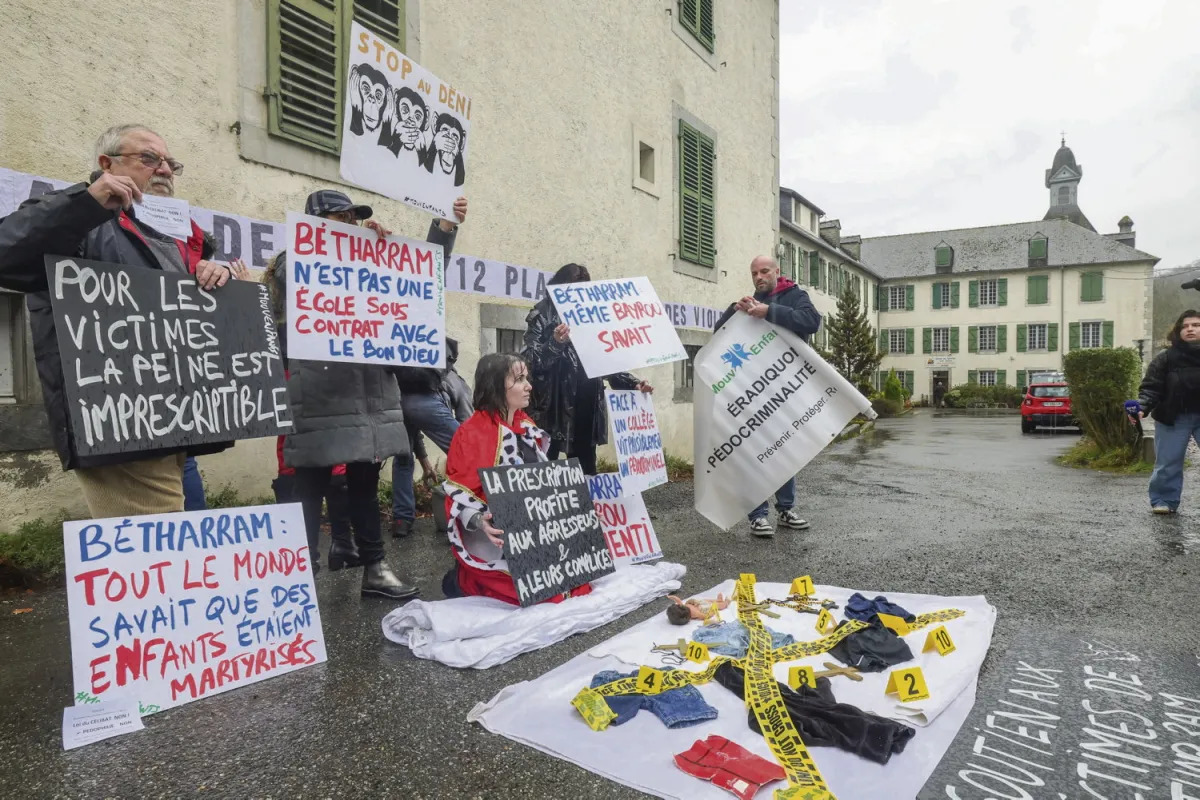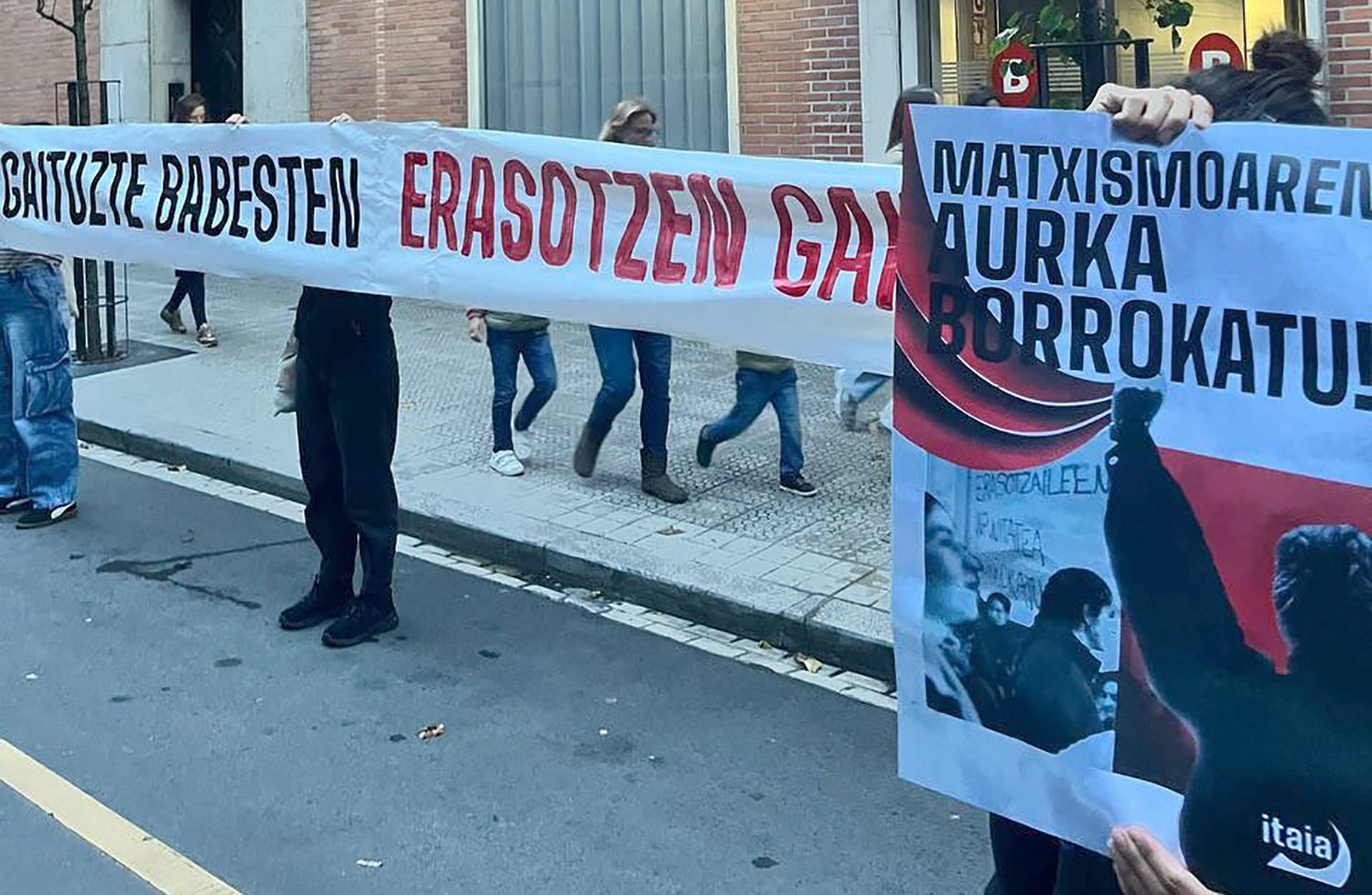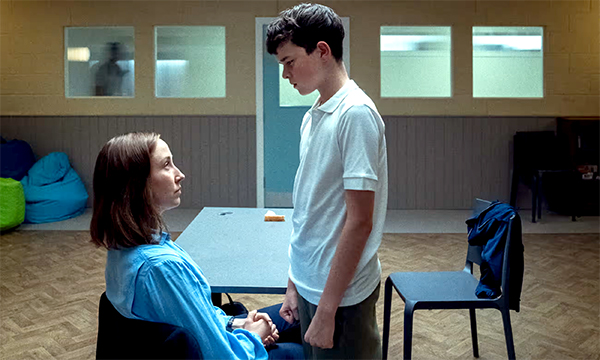Women scientists have worse media and social media experience
- The Science Media Centre Spain (SCM) of the FECYT has published the report “Experiences of researchers in their relationship with the media and social networks”, based on a survey conducted in collaboration with the research group Gureiker of the UPV/EHU. According to the results, 83.12% of respondents have a good or very good opinion about their participation in the media, although more than half acknowledge having suffered some type of aggression after talking about science in the media. It is clear that women receive more aggressions than men: 56.86% of the aggressions are women. Among the disciplines, the most affected are the environmental and health sciences, as well as the social sciences (COVID-19, vaccines, climate, social conditioners…) and the social network X is the most frequent source of attacks.

In general, in the relationship between scientists and the media and social networks, they are particularly grateful for the opportunity to convey their message, as well as to give greater visibility and dissemination to their research. But they also mention the negative aspects. Above all, they fear that the message is distorted or misunderstood.
As for the aggressions, according to the sex of the scientist, there is a difference, not only in number, but also in the type of aggression. In addition to the fact that women receive more aggressions, most of them refer to their professional capacity. Men, for their part, are insulted and, rather than aptitudes, they are denied professional honesty. Compared to the previous ones, although to a lesser extent, women suffer more aggressions than men due to their origin, ethnicity, religion or belief, by their physical aspect, sex or gender. Finally, although they are minorities in total, physical or sexual threats and death threats are more frequent if the victim is a woman than if he is a man.
As for the attack route used, the social network X (formerly Twitter) remains the most important (59.86%). However, comments in digital (21.13%) and the scientists themselves (11.97%) and private (7.39%) are also significant.
About a quarter of the scientists affected have not been affected by the bad experience, while another quarter have felt insecure or anxious. 16.55% have quit dropping out of networks or appearing in the media.
Scientists have also proposed a number of preventive measures, such as the promotion and recognition of the work of institutions or institutions, the training of organisations on scientific communication or the establishment of protection mechanisms. They have also asked the media to act "responsibly" in this situation.
The authors of the survey have suggested that a broader survey should be conducted in order to arrive at more robust conclusions. In particular, the report takes up the answers of the experts who have contacted the SCM between March 2022 and July 2022. 17% of the respondents answered, a total of 237 people.
Aspaldi pertsona oso zatar bat ezagutu nuen, urrun izatea komeni den pertsona horietako bat. Bere genero bereko pertsonengana zuzentzeko, gizonezkoengana, “bro” hitza erabili ohi zuen. Edozein zapaltzeko prest zegoen, bere helburuak lortzeko. Garai hartatik hitz... [+]
Prentsaurrekoa eskaini dute ostegun honetan Marc Aillet Baionako apezpikuak, elizbarrutiko hezkuntza katolikoko zuzendari Vincent Destaisek eta Betharramgo biktimen entzuteko egiturako partaideetarikoa den Laurent Bacho apaizak. Hitza hartzera zihoazela, momentua moztu die... [+]
Antifaxismoari buruz idatzi nahiko nuke, hori baita aurten mugimendu feministaren gaia. Alabaina, eskratxea egin diote Martxoaren 8ko bezperan euskal kazetari antifaxista eta profeminista bati.
Gizonak bere lehenengo liburua aurkeztu du Madrilen bi kazetari ospetsuk... [+]
11 adin txikikori sexu erasoak egiteagatik 85 urteko kartzela zigorra galdegin du Gipuzkoako fiskaltzak. Astelehenean hasi da epaiketa eta gutxienez martxoaren 21era arte luzatuko da.
MAITE: (biharko eguna antolatzen bere buruaren baitan) Jaiki, gosaldu, bazkaria prestatu, arropa garbitu, etxea garbitu, gizon hori jaiki, seme-alabak jaiki, hiru horien gosaria prestatu, haiek agurtu, erosketak egin, lanera joan, seme-alabak eskolatik jaso, merienda eman,... [+]
Matxismoa normalizatzen ari da, eskuin muturreko alderdien nahiz sare sozialetako pertsonaien eskutik, ideia matxistak zabaltzen eta egonkortzen ari baitira gizarte osoan. Egoera larria da, eta are larriagoa izan daiteke, ideia zein jarrera matxistei eta erreakzionarioei ateak... [+]



















